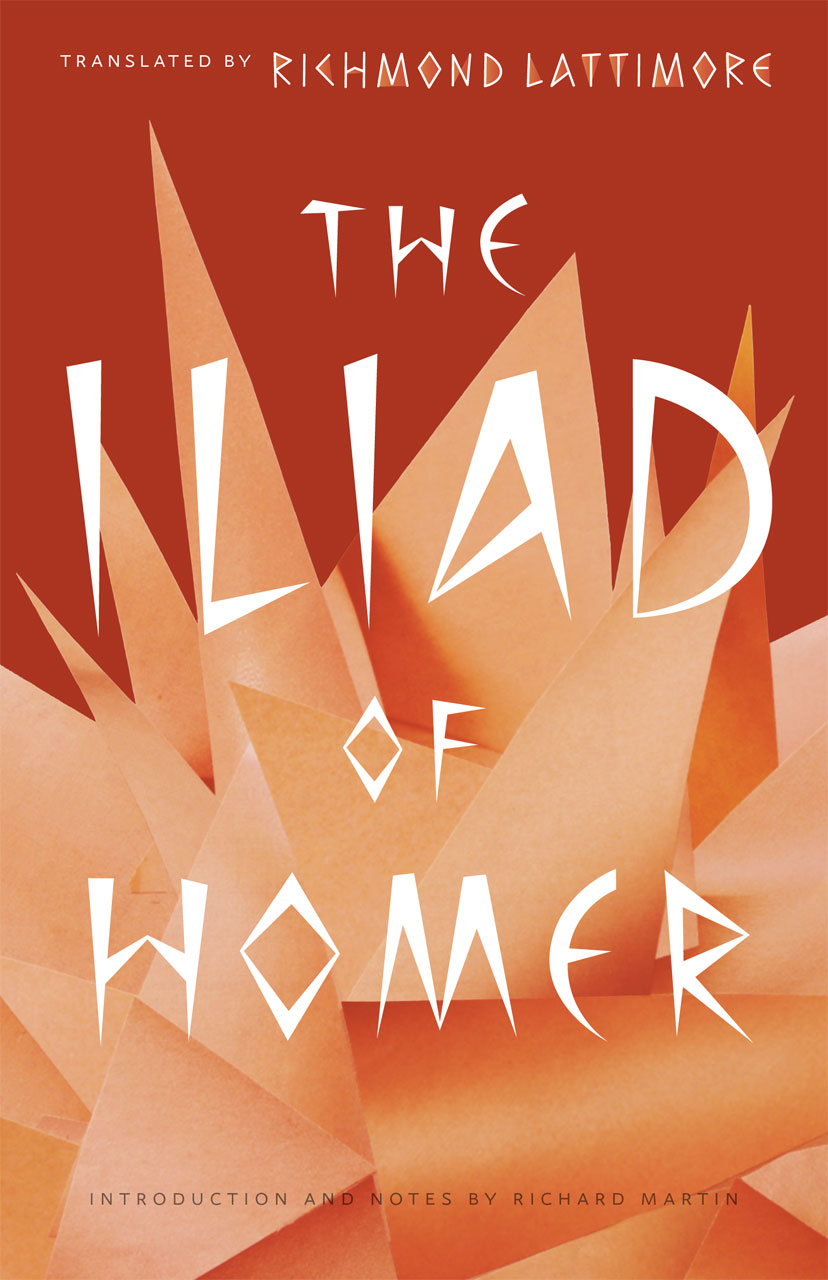

Both stick close to the Greek, especially Lattimore both avoid language alien to real speech - though Lattimore can come up with some quirky phrases. Would not die without delivering a stroke, / or die ingloriously, but in some action memorable to men in days to come.''įor all their differences, they are in the long run both striving for much the same Homer.

First Lattimore: ''Let me at least not die without a struggle, inglorious, / But do some big thing first, that men to come shall know of it.'' And Fitzgerald: ''Still, I

Take, for instance, the moment when Hector realizes he is facing certain death and braces himself to charge Achilles (his wish is granted every time For any two lines of Greek they will arrive at something very different. Richmond Lattimore in 1951 chose a long, free six-beat line Robert Fitzgerald in 1974 went for a tighter iambic blank verse, the traditional narrative meter ofĮnglish. In English in the second half of the 20th we have been fortunate to have had two outstanding verse translations (plus at least There have been hundreds of translations of the ''Iliad'' into dozens of languages since the 18th century.

So much to the Taste of the Age in which he lives'' that each new translation is best measured not in itself but by comparison with those which are current for the time being. It is because, as Pope said, ''a Translator owes Another is Johann Heinrich Voss's translation into megalithic German some 60 years later yet it is eons away from Pope's strings of polished gemstones. Only the very best, like Pope's, survive their own age as literature in their Pope.'' Homer remains, translations come and go. OfĬourse it was not Homer Pope called it ''The Iliad of Homer, translated by Mr. For instance, ''A pretty poem, but you must not call it Homer'': this rebuke to Alexander Pope in 1715 from the magisterial scholar Richard Bentley plumbs the depths of pedantic banality. This induces a sense of solidarity with fellow craftsmen, and I admire Robert Fagles's achievement while feeling sympathy with its inevitable Is, a delicious infatuation laced with the ineradicable aftertaste of clumsiness and failure. I have recently translated several hundred lines of the ''Odyssey'' for BBC Radio, and I know what a passion it Translating Homer is one of those activities it is easier to pontificate about if you have never tried it for yourself. Section 7, Column 1 Book Review Deskīy OLIVER TAPLIN Oliver Taplin, a fellow of Magdalen College, Oxford, is the author of ''An Odyssey Round Odysseus'' and ''Greek Fire,'' an examination of the recycling of ancient Greece in the modern world. October 7, 1990, Sunday, Late Edition - Final


 0 kommentar(er)
0 kommentar(er)
